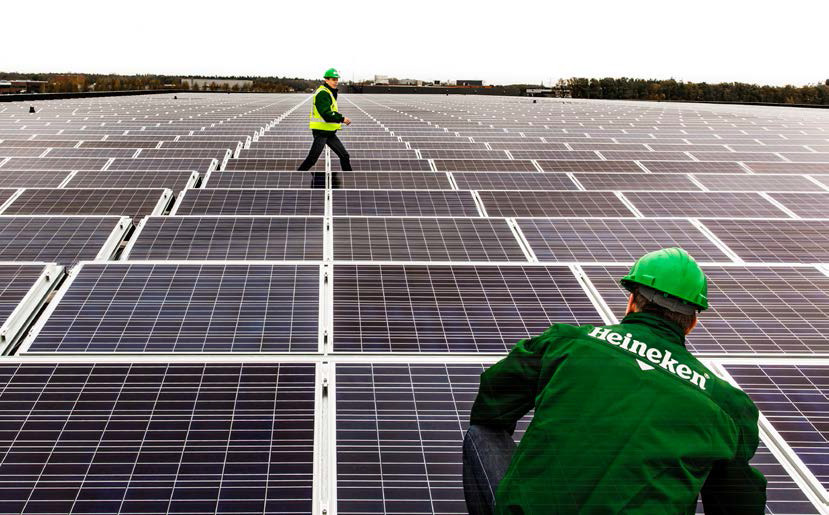Energy union GMB has slammed an interview given by new National Grid executive director Nicola Shaw in which she lauded the potential of a smart energy revolution in the UK as “fanciful nonsense”.
Speaking to the BBC, Shaw said that the roll out of an “internet of energy” centred around distributed generation technologies such as solar PV, as well as battery storage, energy efficiency and energy management products, would help prevent blackouts and keep costs down for the country’s businesses.
Shaw spoke of an increasing number of businesses generating their own electricity, and lauded technological advances which allow a business’ energy load to be shifted to off-peak times.
National Grid has been quick to promote concepts such as demand side response despite taking the decision to cancel its DSR tender process for this winter. The grid operator insisted last week that it remains committed to DSR and was currently seeking alternative routes to market for those businesses interested in participating.
Shaw’s interview has however not been well received by all stakeholders in the energy industry and caught particular ire from energy workers’ trade union GMB, which issued a response this afternoon labelling Shaw’s interview as “fanciful nonsense” and accused National Grid of being “naively complacent”.
Justin Bowden, national secretary at GMB, said: “Avoiding winter blackouts with a ‘smart energy’ revolution is fanciful nonsense, the smart grid is years away. What is needed to guarantee the lights stay on over the coming winters are new power stations and the go-ahead for Hinkley Point C would be a start given that the coal fired stations are due to close next week.
“There are simply too many jockeys on the horse in terms of the responsibility for the UK power supply systems. National Grid is a private company and a natural monopoly with the aim to make profits. National Grid has to be told by the UK government what to do in the interests of consumers.”
Decentralised energy systems comprising small-scale renewables and management technologies have been the subject of significant interest, not just from the renewables industry but also at a government level.
Following the National Infrastructure Commission’s formation last year – and subsequent commitment to spend £100 billion on its recommendations – its first report concluded that the future of the UK’s energy network should focus on decentralised generation combined with localised storage networks.





